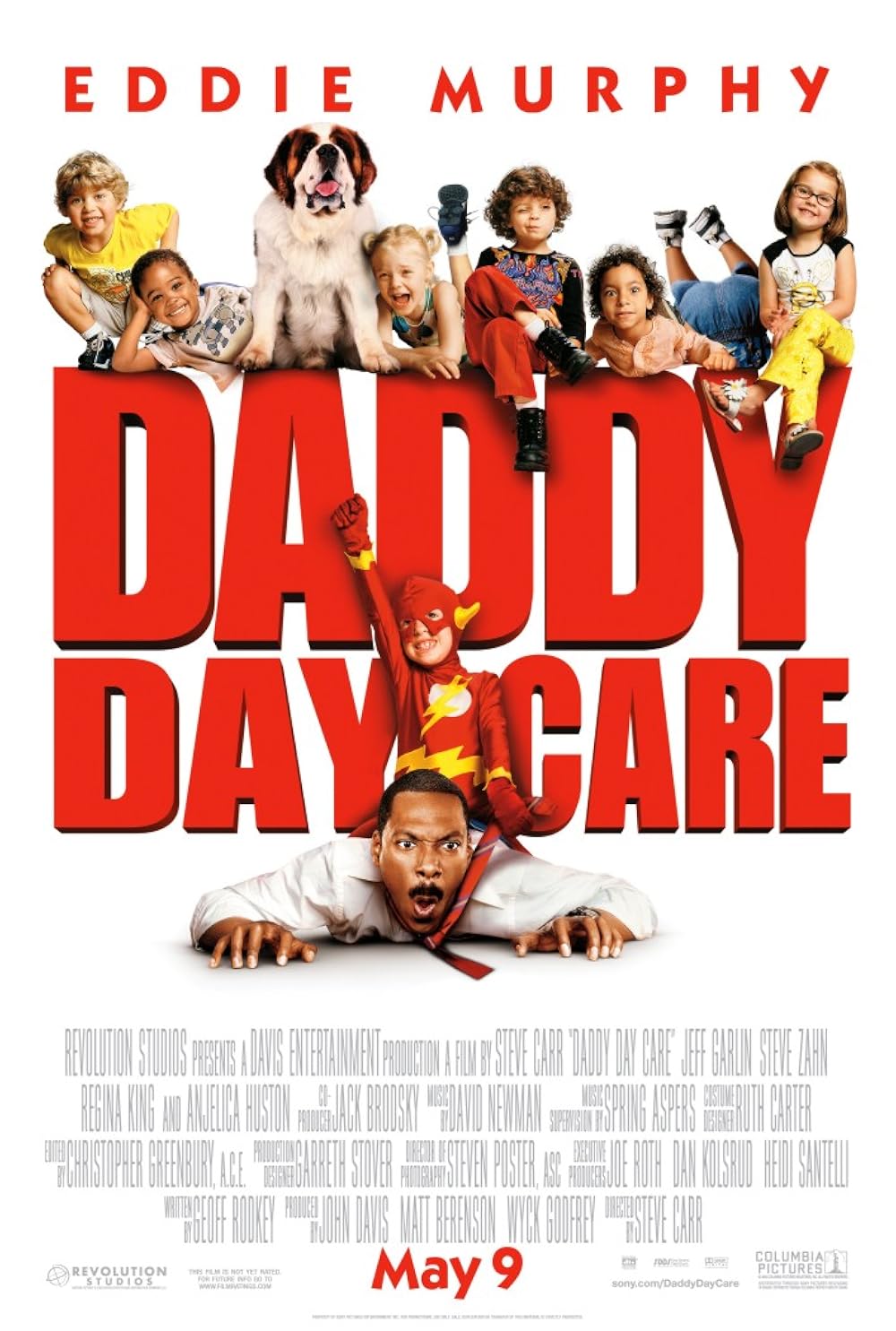Review
If you’ve ever wondered what a two-hour FedEx commercial might look like, Cast Away answers that question with surprising brilliance. From its first frame, this film firmly establishes itself as a modern classic, weaving a gripping narrative about survival, fear, and hope. It’s a story that makes you rethink the comforts of modern life and forces you to consider what’s truly necessary to keep the human spirit alive.
At the heart of it all is Tom Hanks, who delivers an astonishing performance. Hanks has a unique ability to captivate an audience, and in Cast Away, he proves he can do it almost entirely on his own. His portrayal of Chuck Noland is raw and layered, keeping viewers deeply invested in his survival journey. Whether he’s trying to spark fire or grappling with the loss of his sanity, Hanks’s charm and humanity shine through. Even those who don’t consider themselves fans of Hanks might find themselves admitting no other actor could have carried this film so well.

Of course, part of the magic is owed to the strong direction from Robert Zemeckis and the thoughtful screenplay by William Broyles Jr. The story, though simple on the surface, carries immense emotional weight. The use of minimal dialogue feels intentional and powerful—allowing the sound of crashing waves and Chuck’s silent trial-and-error survival methods to immerse viewers completely. And then there’s Wilson. Who would have guessed a volleyball could become one of cinema’s most heart-wrenching characters? Wilson’s presence is a stroke of brilliance, serving as both Chuck’s emotional outlet and a symbol of humanity’s need for connection.
The visual contrast between the lush beauty of the island and the bleakness of Chuck’s dire situation is striking. The cinematography turns the island into an ironic character: it’s paradise, yet it’s also prison. These stunning visuals, paired with Hanks’s powerhouse performance, create a truly mesmerising experience.

However, Cast Away isn’t without its flaws. The final act, in which Chuck returns to society, struggles to maintain the emotional depth of the island scenes. While his transition back to normal life is moving, it feels a bit too smooth to be fully believable. A man who spent years in isolation, enduring unimaginable hardships, re-adapts with surprisingly little PTSD or personality change. The love story that threads through this section occasionally leans too heavily into melodrama, but it’s forgivable given the overall impact of the film.
Final Thoughts
Cast Away is a rare gem—an emotionally charged survival story that lingers in your mind long after the credits roll. It reminds us of the fragility of human existence while celebrating the indomitable strength of the human spirit. Yes, it may falter slightly in its final stretch, but the journey leading there is so gripping and heartfelt that its flaws are easily forgiven. Whether it’s making you cry over a volleyball or reflect on your own creature comforts, Cast Away is an unforgettable cinematic experience that deserves its place among the classics.

























